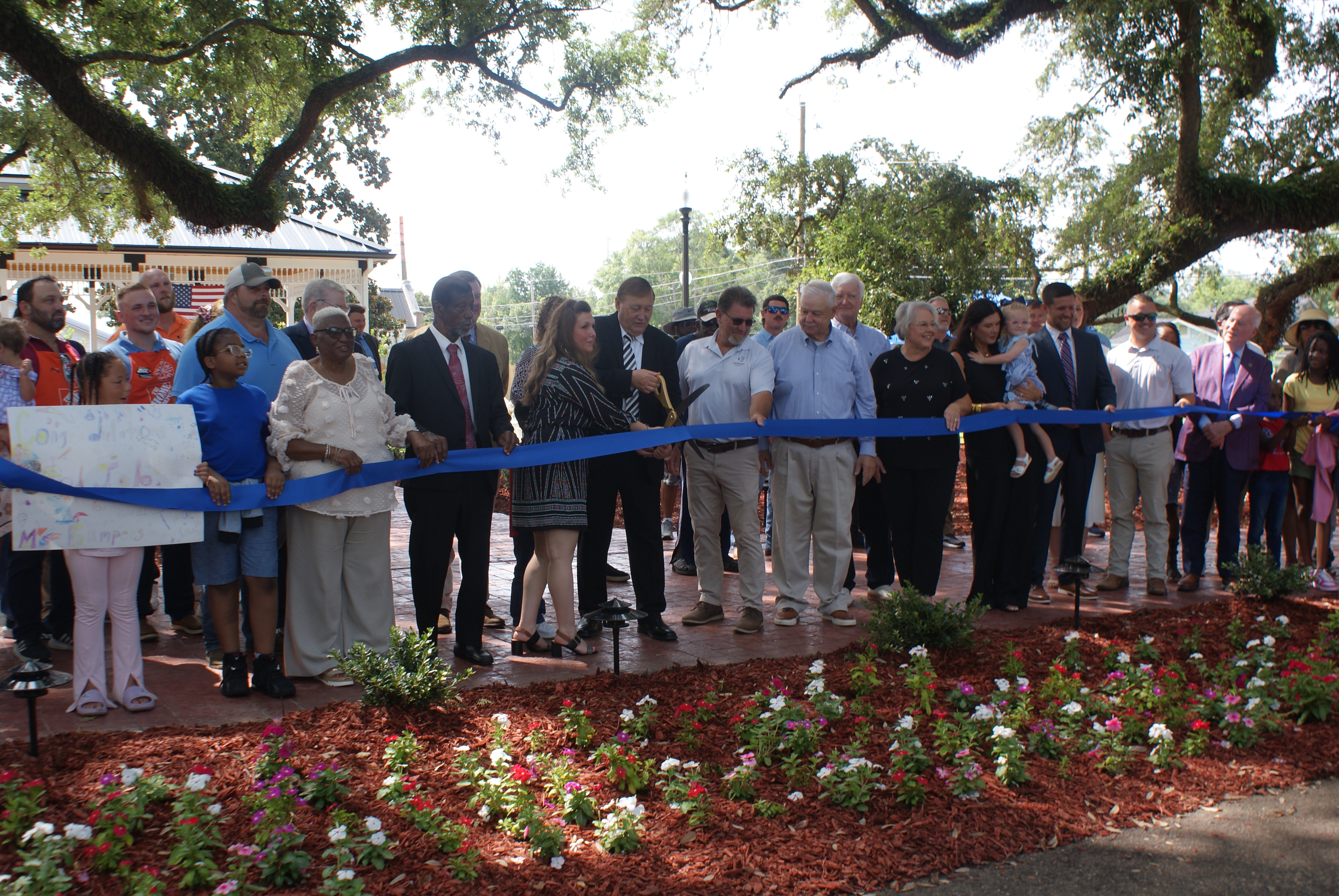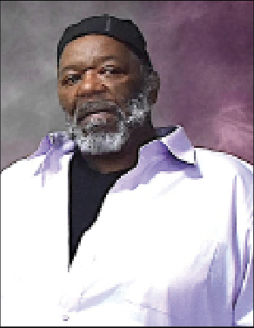Bush alone decides what the law is
Published 1:24 pm Monday, July 17, 2006
In a historic challenge to an incumbent president, the American Bar Association has created a task force on “Presidential Signing Statements and the Separation of Powers Doctrine.” To more than 750 bills George W. Bush has signed into law, he has added a “signing statement” that he has the right to ignore those laws if, among other reasons, the new statute conflicts with his presidential authority to protect national security.
This particular expansion of presidential powers — overriding the intent and powers of Congress — is, says the American Bar Association, “of great consequence to our constitutional system of government, and its delicate system of checks and balances and separation of powers.” Agreeing, Arlen Specter, R-Pa., chairman of the Senate Judiciary Committee, has held a hearing on “signing statements.”
The ABA decided to call public attention to these unilateral disruptions of our rule of law because of the extraordinarily diligent research on Bush’s signing statements by one reporter, Charlie Savage of the Boston Globe — evidence that a lone journalist can rise above the quicksand of the 24-hour news cycle and make a significant difference.
In one of his probes, Savage revealed that Vice President Dick Cheney and his chief of staff, David Addington, are Bush’s chief architects for these wholesale expansions of presidential powers.
Savage notes: “The Bush-Cheney administration has used such (signing) statements to claim for itself the option of bypassing a ban on torture (the McCain amendment); oversight provisions in the revision of the Patriot Act and numerous requirements that (the administration) provide certain information to Congress.”
Also, “In October 2004, five months after the Abu Ghraib torture scandal in Iraq came to light, Congress passed a series of new rules and regulations for military prisons. Bush signed the provisions into law, then said he could ignore them all.”
What especially stuns me is that “One provision made clear that military lawyers can give their commanders independent advice on … what would constitute torture. But Bush declared that military lawyers could not contradict his administration’s lawyers.”
These are the Bush lawyers in the Justice and Defense departments who have so badly advised the president on such issues as torture since 2002 as to alarm our allies and cheer our enemies who use these lawyers’ definitions of permissible torture as ways to recruit jihadists.
Savage found that Bush — by his more than 750 signing statements eviscerating new laws — “has challenged more laws than all previous administrations combined (that had challenged) fewer than 600 laws.” Moreover, “Bush is the first president since the 1800s who has never vetoed a bill — giving Congress no chance to override his ‘judgments’ in the signing statements.”
This president is indeed unique among all his predecessors in his conviction that, as commander in chief against the terrorists, he (continually bolstered by Cheney) has the authority to set aside the separation of powers when he sees fit.
The American Bar Association’s taskforce report on presidential signing statements is due in August, and I hope more reporters and editors other than Savage will pay attention to the findings — and then get responses from the president and newly minted constitutional scholars Cheney and Addington.
Among the bipartisan 10-member ABA Task Force is William Sessions, former director of the FBI under Presidents Reagan and George H.W. Bush. Sessions, who was also a federal circuit judge, says: “I think it’s very important for the people of the United States to have trust and reliance that the president is not going around the law. The importance of (this issue) speaks for itself.”
Chair of the Task Force is Neil R. Sonnett, president-elect of the American Judicature Society, and chair of such invaluable previous ABA Task Forces as those on Domestic Surveillance and the Treatment of Enemy Combatants.
Also on the Task Force is conservative constitutional scholar Bruce Fein, former associate deputy attorney general under President Reagan — and Patricia Wald, former chief judge of the influential D.C. Circuit Court of Appeals, whom I had long hoped, to no avail, would sit on the Supreme Court.
This is as deeply serious an investigation as its subject merits. James Madison once envisioned that “Our country, if it does justice to itself, will be the workshop of Liberty to the Civilized World, and do more than any other for the uncivilized.”
But James Madison and the framers could not have foreseen a president of the United States defining justice as meaning he decides for himself which laws he will enforce.





